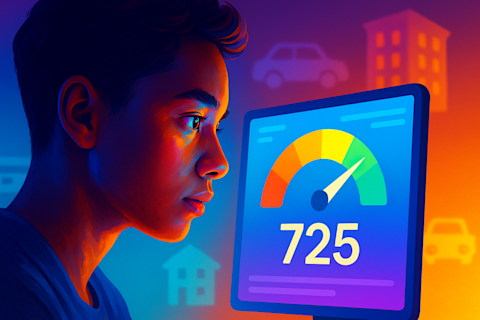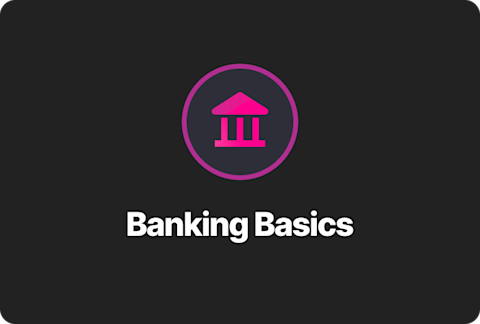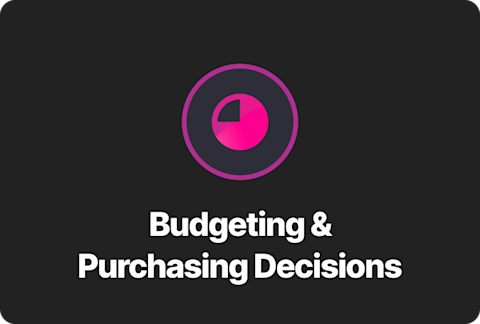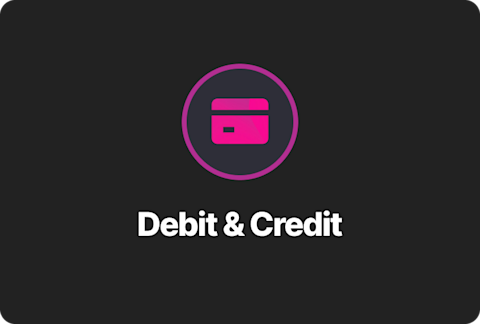How to Build Credit as a College Student

Why This Matters More Than You Think
Picture this: You just graduated college, excited to rent your first apartment and start your new job. You find the perfect place, submit your application, and—bam—you get rejected. The reason? No credit history.
Or maybe you’re trying to finance a used car, but the interest rate is sky-high because lenders see you as a risk. Instead of paying $250 a month, you're stuck with a $400 monthly payment—just because you never built credit.
These situations happen all the time to students who didn’t realize how important credit was until it was too late. The good news? You don’t have to be one of them.
Building credit as a college student is one of the smartest financial moves you can make. It sets you up for lower interest rates, easier loan approvals, and even better rental opportunities. And the sooner you start, the better.
Here’s how to do it the right way—without debt, stress, or regrets.
Step 1: Get Your First Credit Card
The easiest way to start building credit is by getting a credit card, but not just any card—you need the right one.
Many banks offer student credit cards with low limits and beginner-friendly perks. Some options include traditional student credit cards with cashback, while others require a security deposit (traditional secured credit cards) to minimize risk.
But what if you could build credit without taking on debt, providing a security deposit or worrying about interest?
That’s where Step comes in. Unlike traditional credit cards, Step makes it easy to build credit, grow your savings, and earn cashback without the worry of debt or hidden fees. You get the benefits of a credit card without the risks of overspending or falling into debt.
Step 2: Use Credit Responsibly (This Part Really Matters)
Having a credit card is not the same as using it correctly. The way you manage your card determines whether you build good credit or end up with debt that haunts you.
Here’s what responsible credit use looks like:
Always pay on time – This is the #1 factor in your credit score. Even one late payment can hurt your score for years.
Keep your balance low – Your credit utilization ratio (how much of your credit you use) should stay under 30%. If your credit limit is $1,000, don’t spend more than $300 at a time.
Never charge more than you can pay off – A credit card is not free money. If you can’t afford to pay it in full at the end of the month, don’t swipe.
What is a good credit utilization ratio? The lower, the better—below 10% is ideal for boosting your score.
Step 3: Understand Credit Scores & How They Work
Your credit score is a three-digit number that determines how trustworthy you are with money. A high score makes life easier. A low score? Not so much.
What is a good credit score for a college student?
Most students start around 650 to 700, but with smart habits, you can push it higher. Fun fact: Step users in their 20s improve their credit score by an average of 57 points.
What affects your credit score? This is how credit scores work in detail, but here’s a quick breakdown:
Payment history (35%) – Pay your bills on time, every time.
Credit utilization (30%) – Keep balances low compared to your limit.
Length of credit history (15%) – The longer you have an account open, the better.
Credit mix (10%) – A mix of credit types (credit cards, student loans) helps.
New credit inquiries (10%) – Applying for too many credit accounts at once can hurt you.
Knowing how credit scores work now will save you thousands in the future.
Step 4: Manage Student Loans Wisely (Yes, They Affect Your Credit)
If you have student loans, they absolutely impact your credit score. And missing a payment? That could drop your score by 100+ points in an instant.
Here’s what you need to know:
Making on-time payments builds credit – Even if you’re in school, paying interest early can help.
Missed payments hurt badly – They stay on your credit report for seven years.
Your total debt matters – Too much student loan debt can make lenders hesitant to approve you for new credit.
If possible, start making small payments now to avoid huge interest charges later.
Step 5: Monitor Your Credit & Avoid Debt
A big mistake students make? Not checking their credit until they need it.
Your credit score is always changing, and errors can pop up that hurt you. Get into the habit of checking your credit report at least twice a year through free services like AnnualCreditReport.com.
Also, with Step, you can monitor your credit score for free and track your progress in real time—all in the same app that helps you build credit.
To avoid student credit card debt, follow these rules:
Set up autopay to never miss a due date.
Only charge what you can afford to pay off each month.
Avoid unnecessary credit applications—each one temporarily lowers your score.
Monitoring your credit score regularly keeps you in control before problems arise.
Final Thoughts: Start Building Credit with Step Black Today
Many students ignore credit because they don’t think they need it yet. But by the time you do need it, it’s too late to build it overnight.
Imagine two college graduates:
One built credit early and gets a low-interest car loan, a great apartment, and a top-tier credit card.
The other never built credit and struggles to get approved for basic things.
Which one do you want to be?
The smartest way to start building credit is with a credit building app. Unlike traditional credit cards, Step helps you build credit responsibly while earning cashback, getting paid early, and avoiding fees and interest.
If you’re looking for a secure and interest-free way to start your credit journey, consider a Visa credit card to build credit. Step offers a simple, safe, and effective way to grow your credit without financial risks.
Don’t wait until you need good credit—start building it today.









